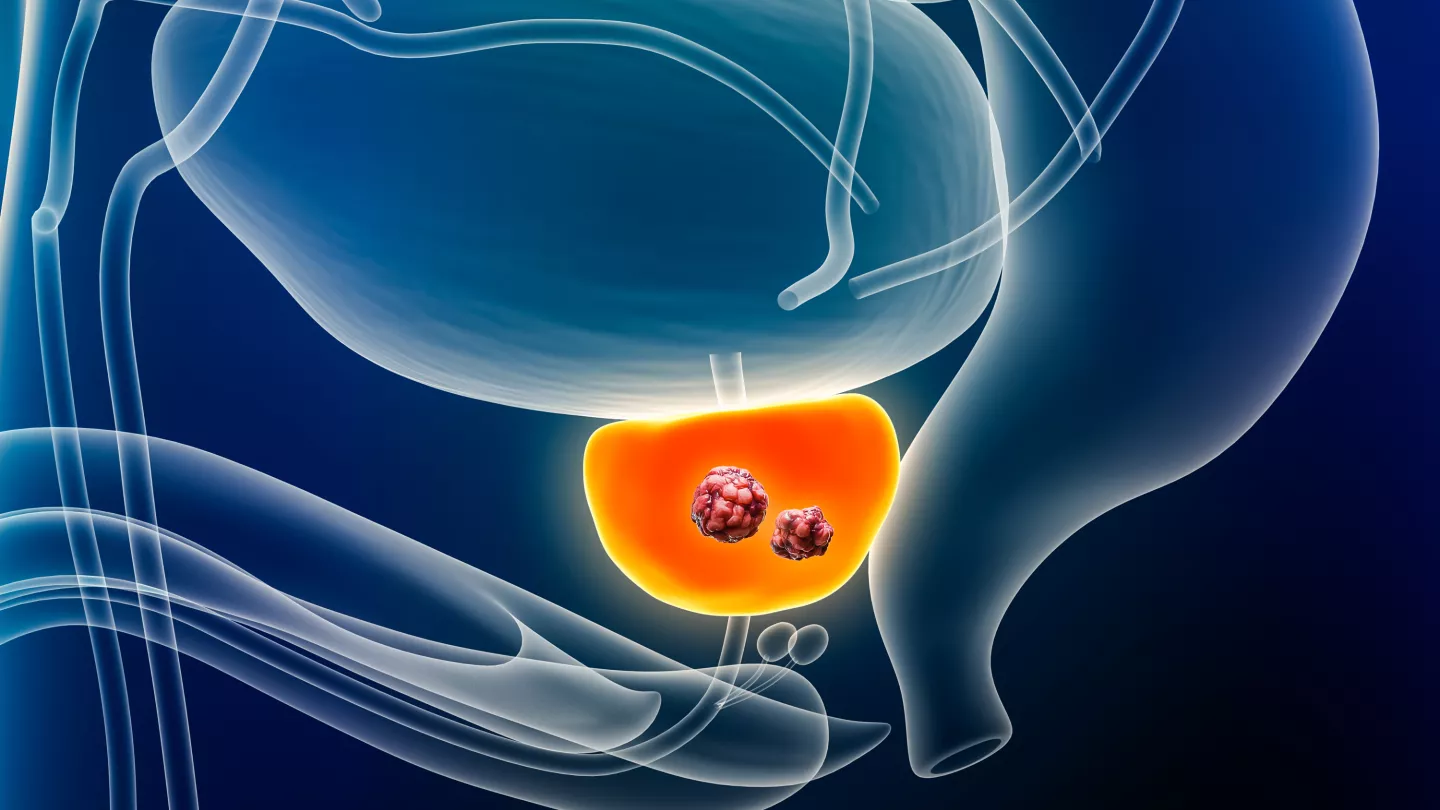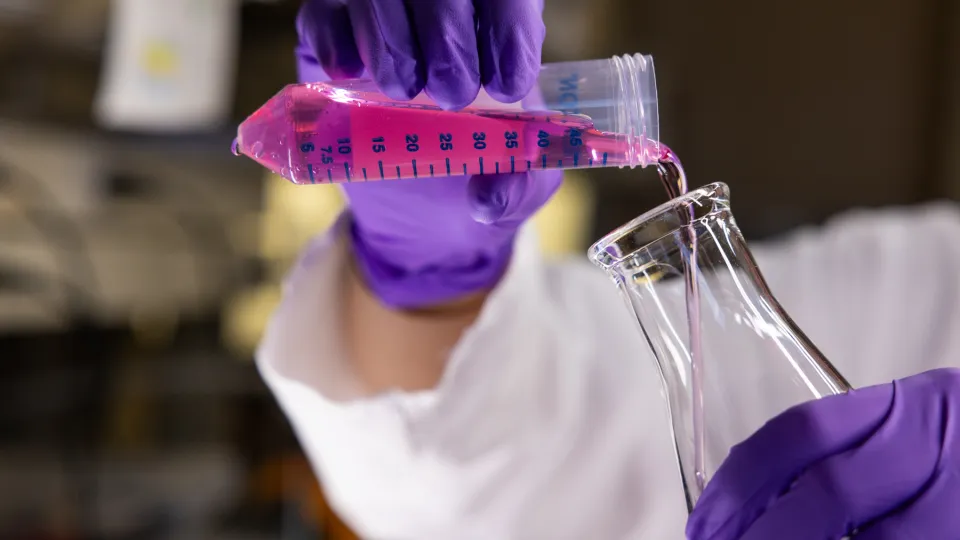News Brief
Understanding Androgen Receptor’s Role in Prostate Cancer
January 29, 2025

Prostate cancer is the third-leading cause of death among American men. A key cause of prostate tumorigenesis is aberrant androgen signaling through the androgen receptor (AR) on prostate cells. Androgen deprivation therapy targets tumor cells that express androgen receptors; but it eventually fails in most patients, leading to incurable castration-resistant prostate cancer (CRPC).
The National Cancer Institute has awarded Zijie Sun, M.D., Ph.D., a five-year, $2.6 million grant to better understand the role of androgen receptors in the development of prostate cancer. Dr. Sun and colleagues have found that signaling through androgen receptors in stromal tumor niche cells expressing the Gli1 gene plays a major role in promoting prostate cancer. In research involving mice, they will focus on androgen receptor signaling in non-cancerous cells in the prostate that respond to Sonic Hedgehog signaling and express Gli1. Understanding how this signaling influences the development and progression of prostate cancer could lead to urgently needed therapies for treating CRPC.
Dr. Sun is a member of the senior faculty of the departments of oncology, of cell biology, and of urology at Einstein, and is director of the prostate cancer program at the National Cancer Institute-designated Montefiore Einstein Comprehensive Cancer Center. (1R01CA289319-01A1)



